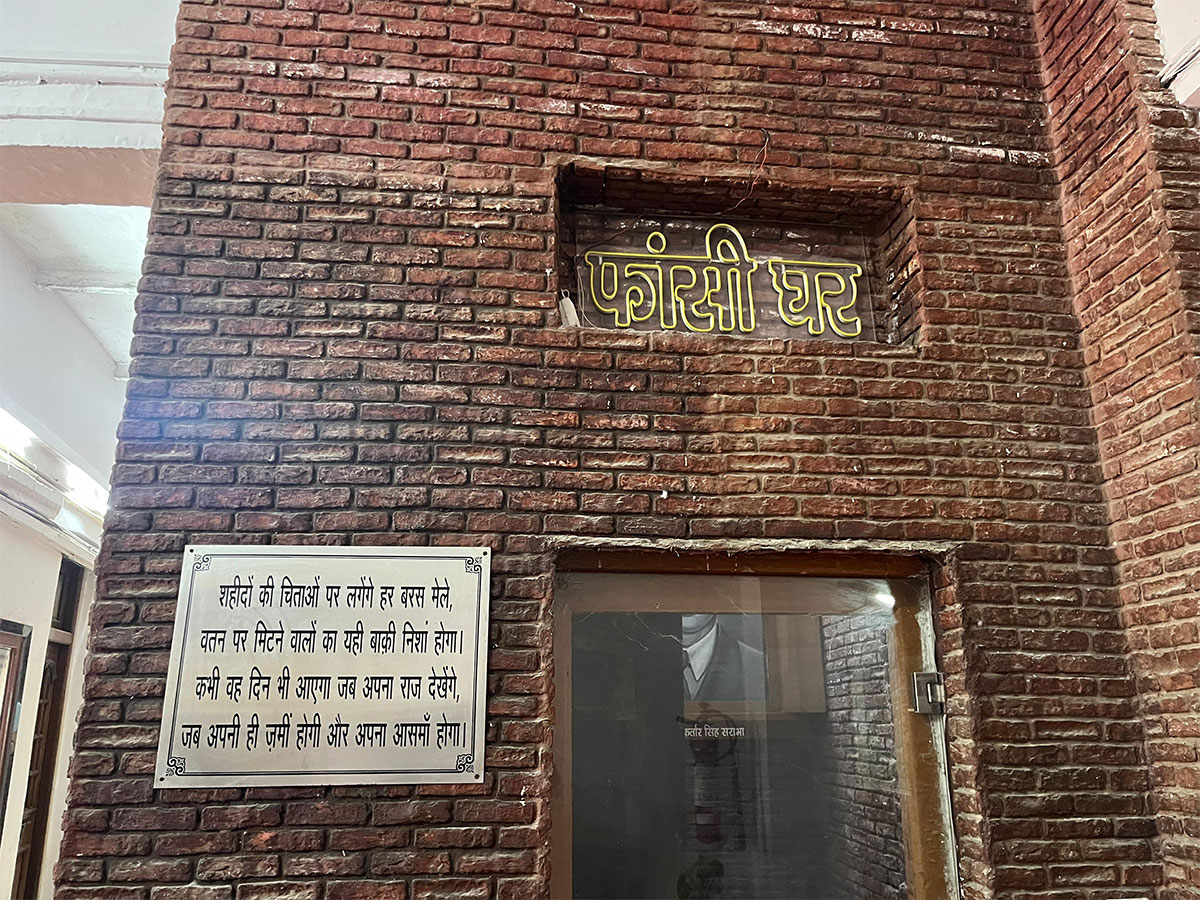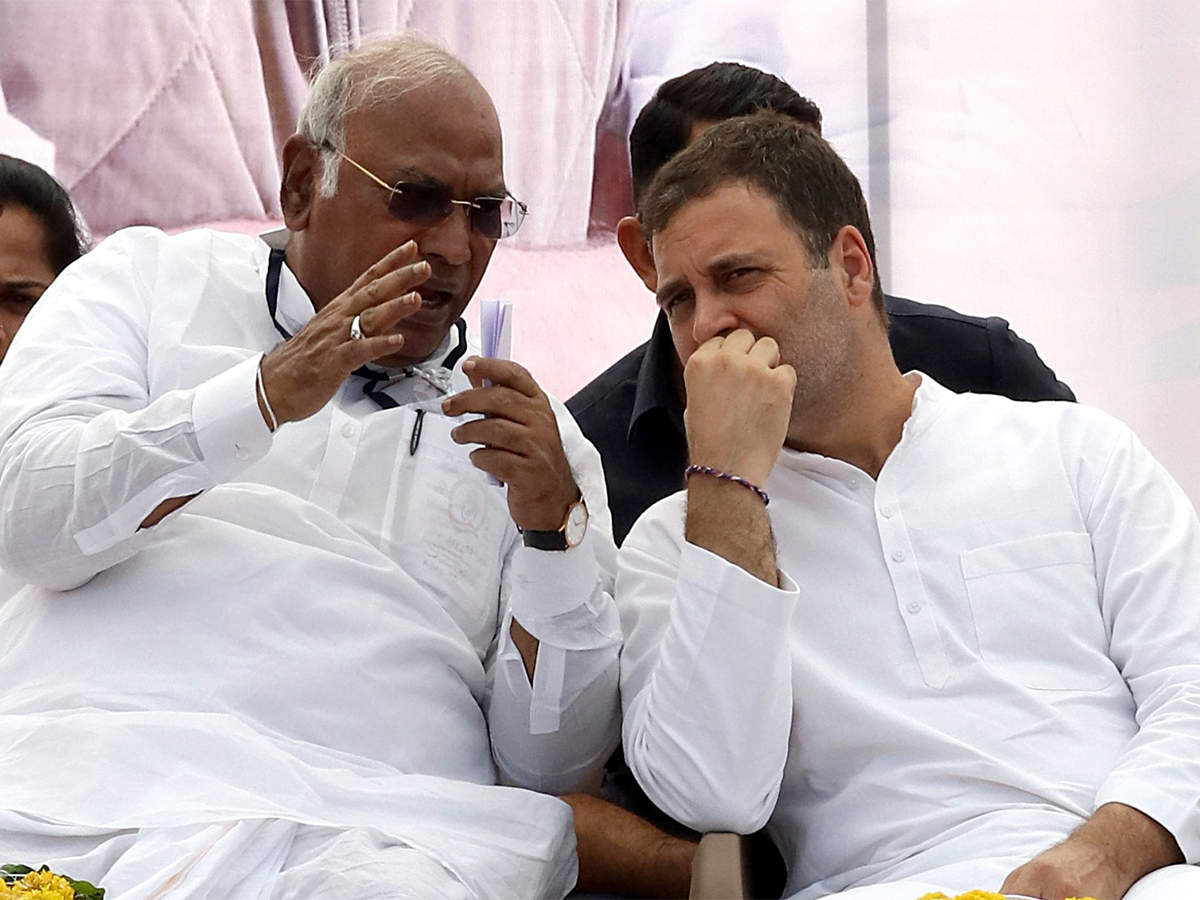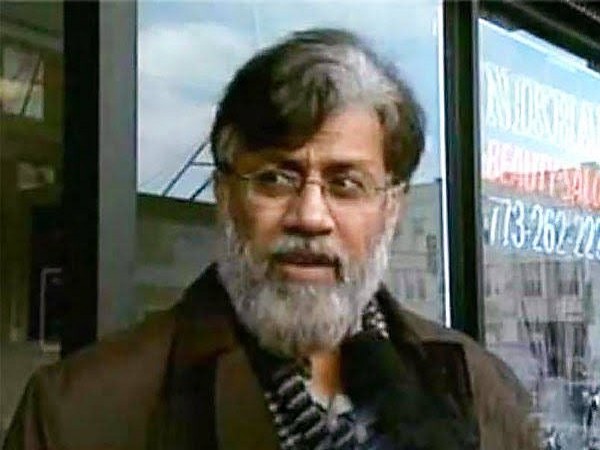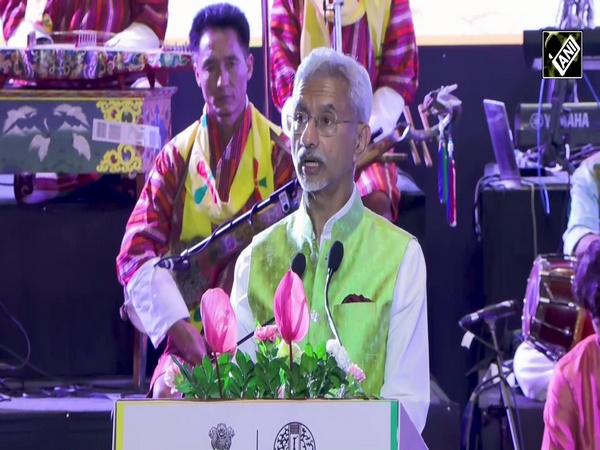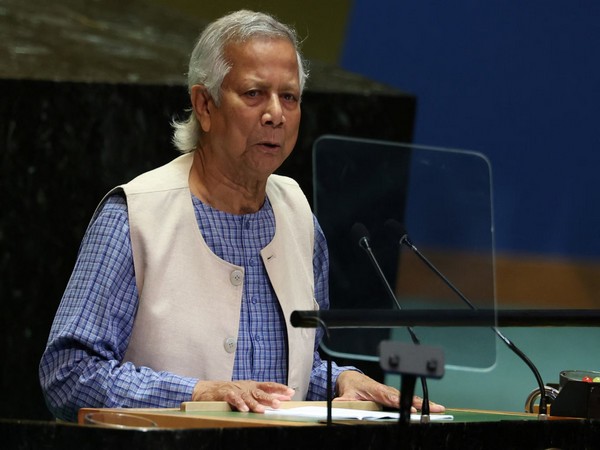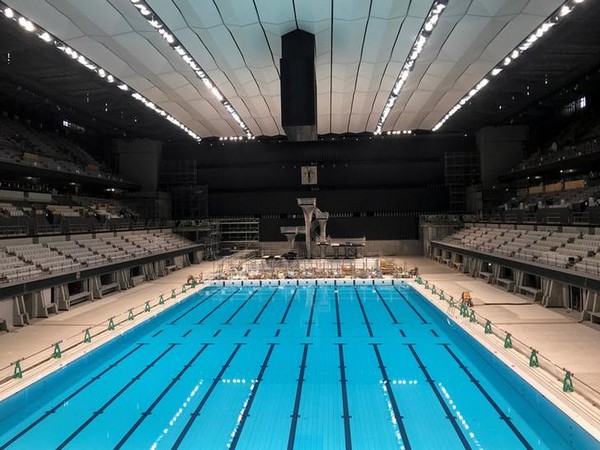
Anaj Mandi 2019 Fire Tragedy: Delhi HC dismisses accused's plea for discharge, cites culpable negligence
Aug 05, 2025
New Delhi [India], August 5 : The Delhi High Court has refused to discharge an accused in the 2019 Anaj Mandi fire case, holding that there is "sufficient prima facie material" to proceed against him for offences under Sections 304 Part II, 308, 35, and 36 of the Indian Penal Code.
Justice Dr. Swarana Kanta Sharma observed that Imran, as one of the co-owners and beneficiaries of the building, "recklessly disregarded the safety of its occupants" and prioritised profit over human lives.
On December 8, 2019, a devastating fire broke out in a multi-storey building at Anaj Mandi, Sadar Bazar, killing 45 people, including nine minors, and injuring 21 others. Most victims were labourers asleep inside illegal manufacturing units that had been operating on upper floors, in flagrant violation of fire safety and building norms.
Rejecting Imran's contention that he neither owned nor controlled the second floor--where the fire allegedly originated--the Court pointed to "ample material" showing his active role in renting out portions of the building for illegal commercial use.
Justice Sharma stated, "Even if it is accepted that the fire originated on a floor not owned by the petitioner, the material on record prima facie indicates that he had the requisite knowledge of the dangerous condition of the premises and its likely consequences."
The Court observed that Imran was residing on the second floor with his brother at the time, and owned or controlled other floors as well, including a store room on the illegally constructed fifth floor. Further, unregistered rent agreements recovered during the investigation indicated that Imran was collecting substantial rent from various tenants without informing any civic agency or adhering to safety regulations.
The Court noted multiple fire safety lapses across the property. Flammable materials were stored in corridors and stairwells, blocking escape routes. Alternate staircases were locked and unusable during the emergency. The electrical wiring was in a "dilapidated and disorganised condition," despite repeated complaints. No firefighting equipment, alarms, or ventilation existed in the building.
Justice Sharma stated that the building lacked the most basic fire safety arrangements. These glaring lapses, viewed cumulatively, indicate not just negligence but a reckless disregard for the safety of the occupants.
Imran's defence that he had transferred ownership to a co-accused years earlier was rejected, with the Court holding that most documents were unregistered and their authenticity would have to be tested during the trial. "At this stage, the documents cannot be accepted as true and genuine. The petitioner's daily presence, rental dealings, and control over the premises are supported by witness statements and other material."
The Court further remarked on the accused's conduct post-incident, noting that Imran remained absconding for nearly 11 months after the tragedy, prompting the Delhi Police to issue a Rs 50,000 reward for his arrest.
Relying on Supreme Court precedents, the High Court emphasised that at the stage of framing charges, the test is not whether the accused is guilty beyond a doubt, but whether the material on record creates a strong suspicion of involvement: The framing of charges is not a stage where the final test of guilt is to be applied. Even a strong suspicion would suffice.
In conclusion, Justice Sharma held that the petitioner, along with the co-accused, was motivated by profit and completely indifferent to the safety and well-being of the workers residing and working in the building. "No steps were taken to rectify safety defects despite repeated warnings, including a previous fire incident," she said.




